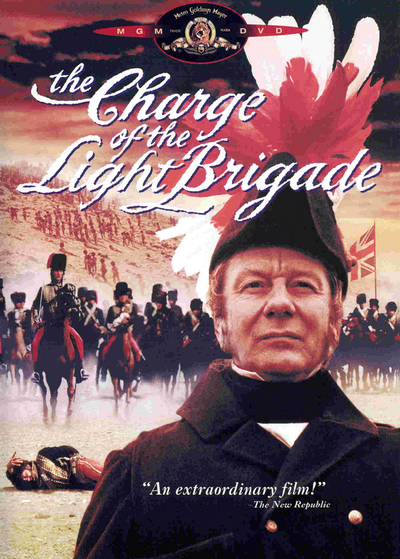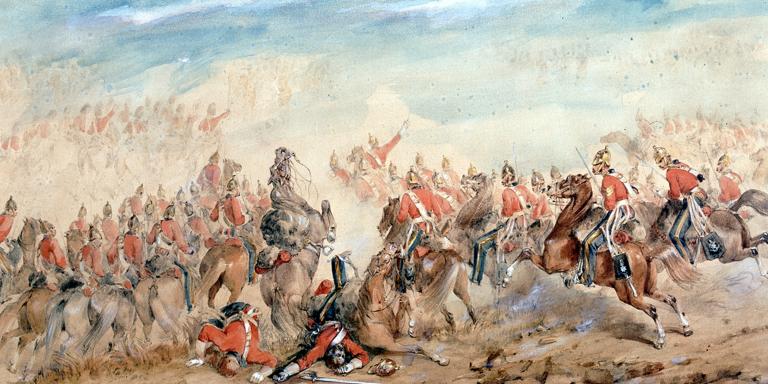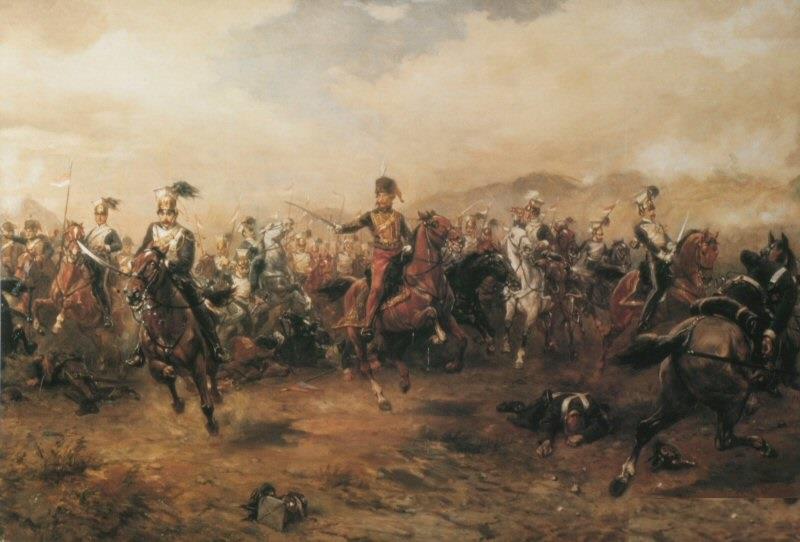
Rather than declare victory, however, Britain and France decided to punitively target the Russian naval base in Sevastopol, located on the Crimean Peninsula. With Austria likewise threatening to jump into the fray, Nicholas withdrew from Romania. Meanwhile, in March 1854, Britain and France declared war and immediately bombarded the then-Russian city of Odessa. But although Nicholas referred to the declining Ottoman Empire as the “sick man of Europe,” his land forces made little progress in their push south, underscored by the failed siege of a fortress in present-day Bulgaria. Unnerved by this expansionism, Britain and France sent their own warships to the area and vowed to defend Ottoman sovereignty.įighting officially broke out in October 1853, and the following month the Russians decimated the Ottoman fleet in a surprise attack.

The czar also purportedly had his eyes on Constantinople, the Ottoman capital, which if taken would give his navy unfettered access to the Mediterranean Sea.

Upon being rejected, he then sent his army, the largest in the world, to occupy two Ottoman principalities in present-day Romania. Following one such violent squabble in 1852, Czar Nicholas I of Russia, a self-proclaimed defender of Orthodox Christianity, demanded the right to exercise protection over the Ottoman Empire’s millions of Christian subjects.

It got its start in and around Jerusalem, then part of the Ottoman Empire, where Orthodox Christian and Catholic monks had been engaging in fierce, sometimes deadly brawls for years over who would control various holy sites. A major conflict of the 19th century, the Crimean War claimed at least 500,000 lives and had a profound impact on such renowned personalities as British nurse Florence Nightingale and Russian author Leo Tolstoy.


 0 kommentar(er)
0 kommentar(er)
